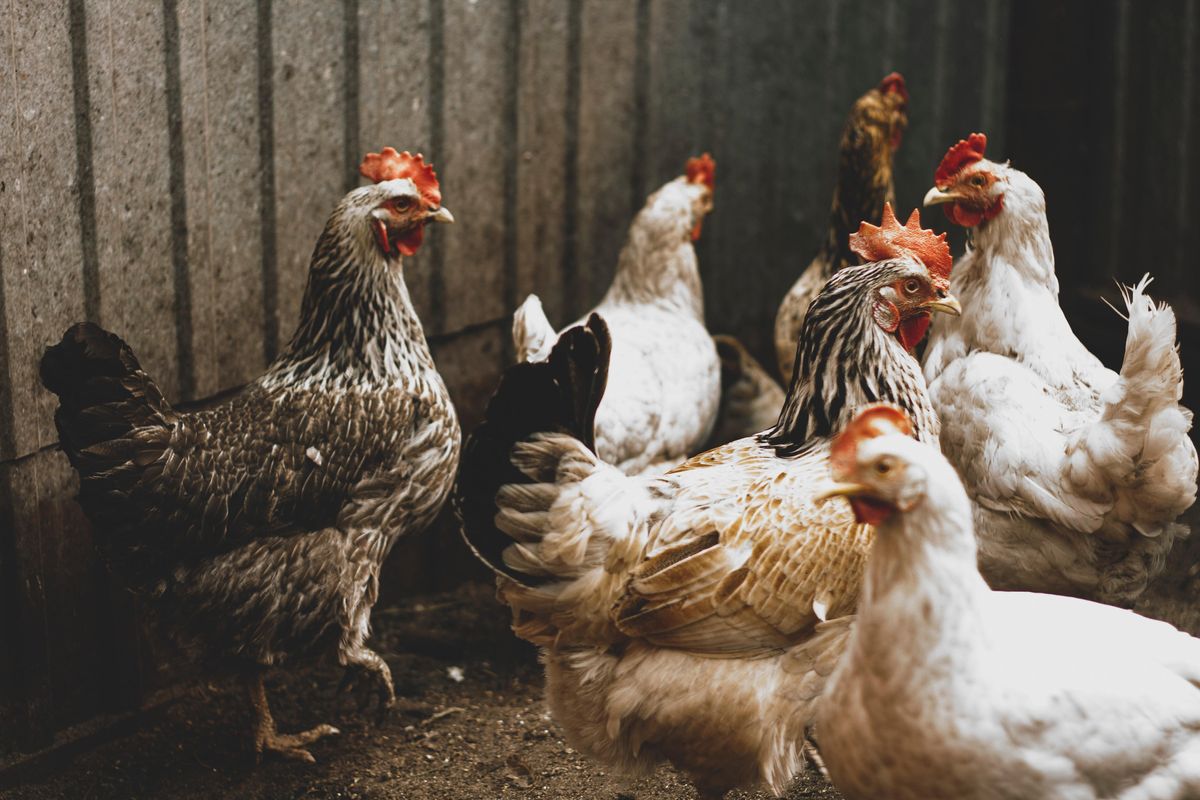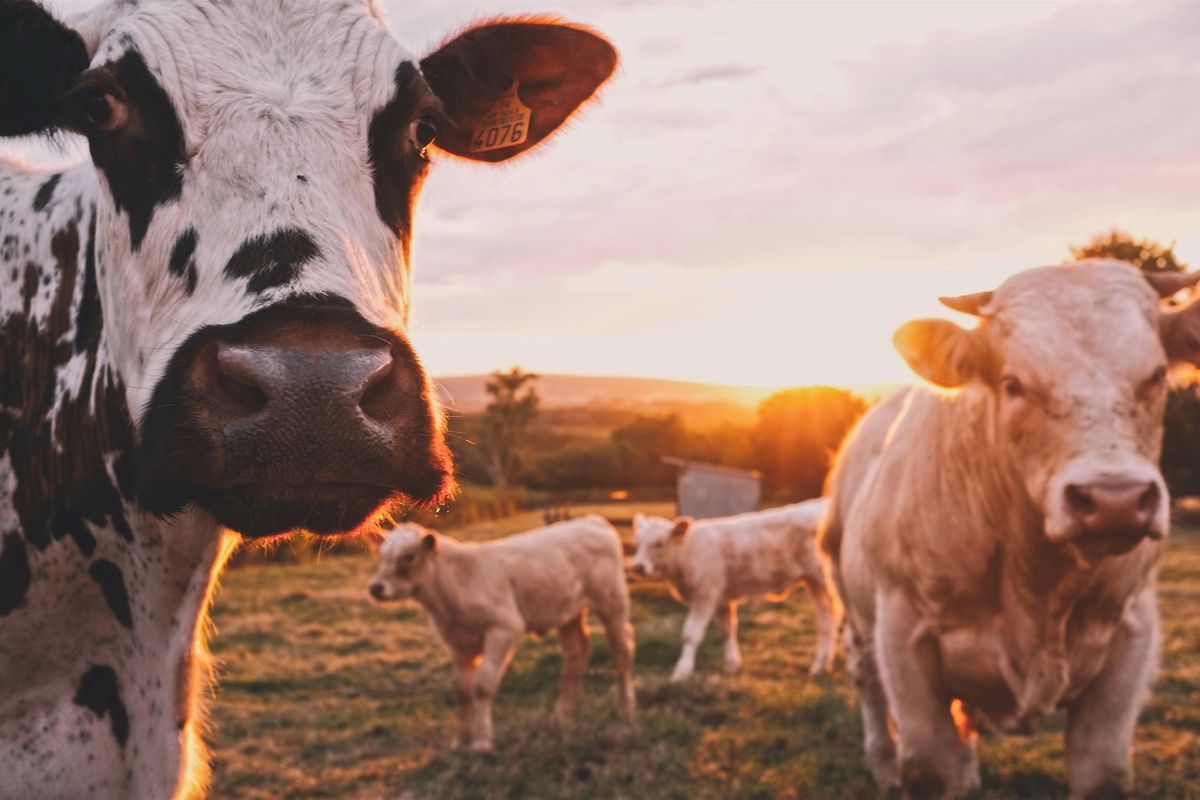Here’s why animal welfare is integral to addressing the climate crisis
This stark warning is being hailed as a code red for humanity, with scientists urging world leaders to take swift action to mitigate the impacts of our warming planet.

World Animal Protection has moved the world to protect animals for more than 55 years. World Animal Protection works to give animals a better life. The organization's activities include working with companies to ensure high standards of welfare for the animals in their care; working with governments and other stakeholders to prevent wild animals being cruelly traded, trapped or killed; and saving the lives of animals and the livelihoods of the people who depend on them in disaster situations.
World Animal Protection influences decision-makers to put animal welfare on the global agenda and inspires people to change animals' lives for the better. More information on World Animal Protection can be found at: http://www.worldanimalprotection.us/
Written by Joe Loria, Meat Reduction Campaign Manager.
The United Nations International Panel on Climate Change (IPCC) released a new 3,949-page report that devastatingly concluded we're out of time to prevent the impacts of climate change because it's here now.
The report synthesizes the past eight years of advances in climate science, citing more than 14,000 leading studies.
This stark warning is being hailed as a code red for humanity, with scientists urging world leaders to take swift action to mitigate the impacts of our warming planet. From raging wildfires and record flooding to once-in-a-lifetime weather events happening nearly annually, we're seeing the impacts of climate change today.
Among other things, the report found:
· The global surface temperature was 1.09C higher between 2011-2020 than between 1850-1900.
· The past five years have been the hottest on record since 1850.
· The recent rate of sea-level rise has nearly tripled compared with 1901-1971.
So, where does animal welfare come into play here? Our ever-increasing appetite for meat, dairy, and eggs is driving both the climate crisis and the global expansion of low-welfare factory farming.
Overconsumption in the United States has significantly driven the demand for cheap meat, dairy, and eggs, and in turn, is fueling the climate crisis.
Globally, meat production is five times higher than it was 50 years ago. Food production has fundamentally changed to prioritize quantity over quality at the expense of our environment, the climate, animal welfare, and health. Hundreds of billions of animals are raised each year in barren, overcrowded, and cruel conditions to mass-produce meat.

In addition to causing the suffering of billions of living, feeling beings, this industrialized system depletes our planet's resources via the billions of pounds of feed needed to sustain it and the billions of pounds of manure it generates.
The report emphasizes the damaging impacts of methane, a greenhouse gas that's 25-100 times more destructive than CO2 in a 20-year time frame. While there are many sources of methane, the single largest contributor in the United States and globally is livestock production.
The billions of farmed animals produce an unmanageable volume of waste stored in pits prone to leaks or sprayed onto fields at outrageous rates, leading to contamination of vital water resources.
This manure releases methane into the atmosphere as it breaks down. Unfortunately, attempts to create methane-capture technologies have served only to incentivize further intensification and do not mitigate other air pollutants, exacerbating rather than solving the problem.
The ever-increasing production of mass quantities of livestock feed crops, primarily corn and soy, is a leading cause of deforestation, habitat loss, and water pollution, contributing overwhelmingly to the global emissions as well as the sixth mass extinction we're currently seeing.
The multinational corporations at the helm of food production are focused solely on maximizing profits, hoping to sweep under the rug their role in animal cruelty and rampant greenhouse gas emissions. But our demand for cheap animal protein fuels the fire, causing mass suffering to farmed animals, destroying the environment, and endangering people's health.
Our planet's future depends on us rethinking how we treat all animals and how we raise our food. The time is now to work together and transform the global food system and end cruel and destructive factory farming.
This latest code red warning issued by the IPCC must serve as a wake-up call for world leaders and each of us to take individual action. We all have a part to play by eating less meat, choosing humane and sustainable proteins, and demanding a better life for farmed animals.
Join the global movement of people who are committed to creating a kinder future by signing up for Meating Halfway, a 21-day journey that'll guide you towards eating less meat


